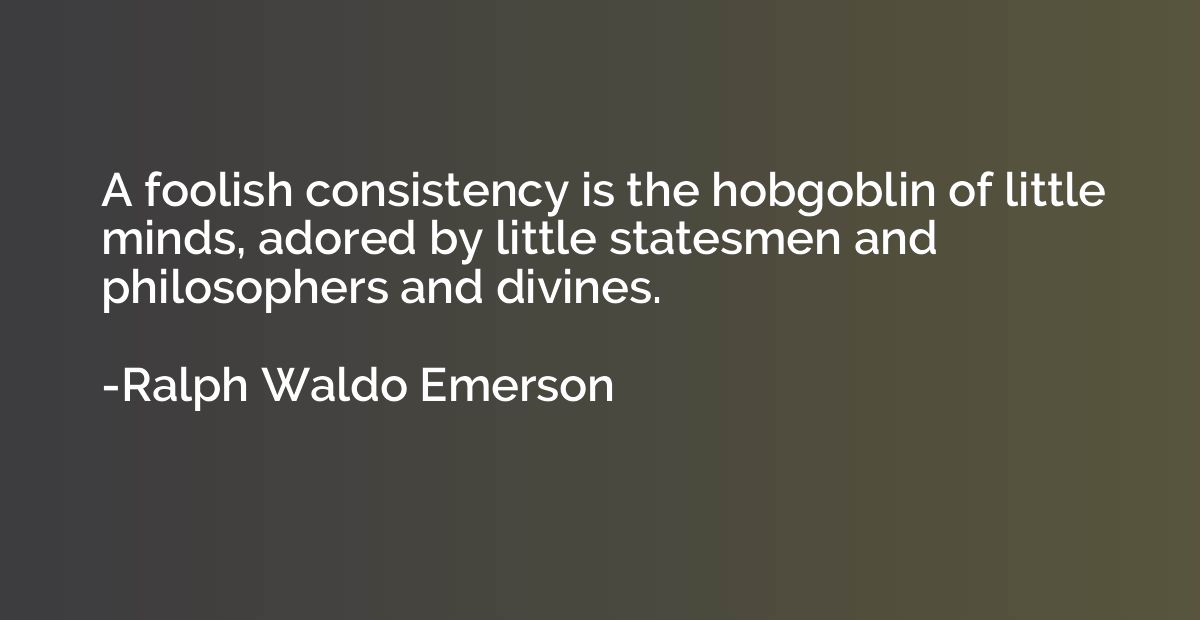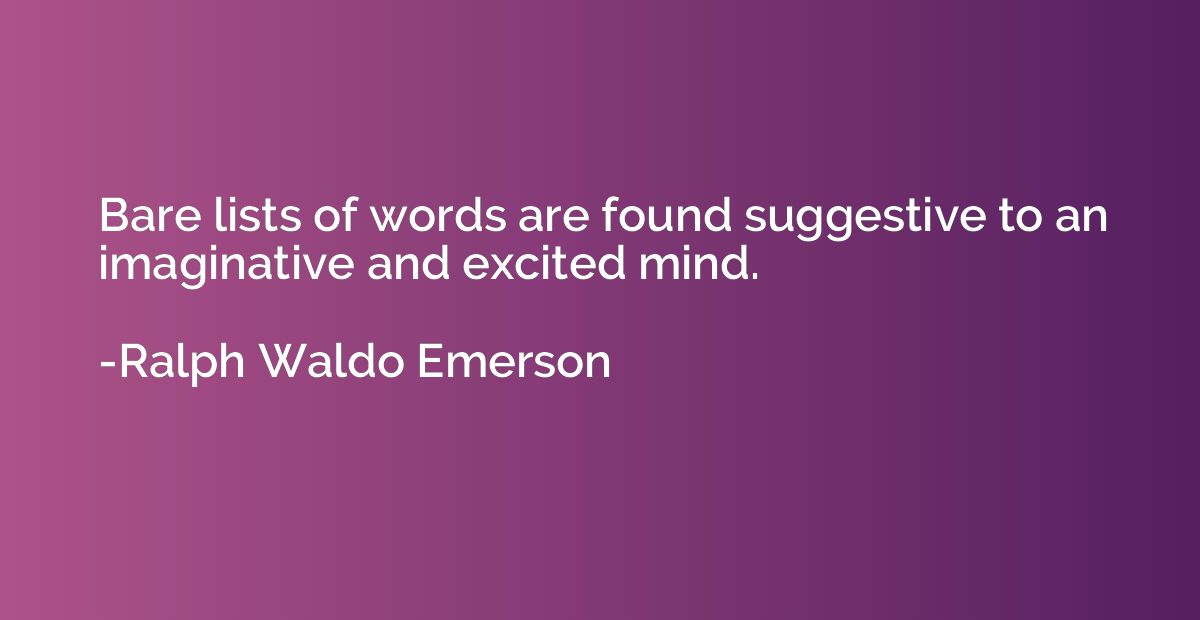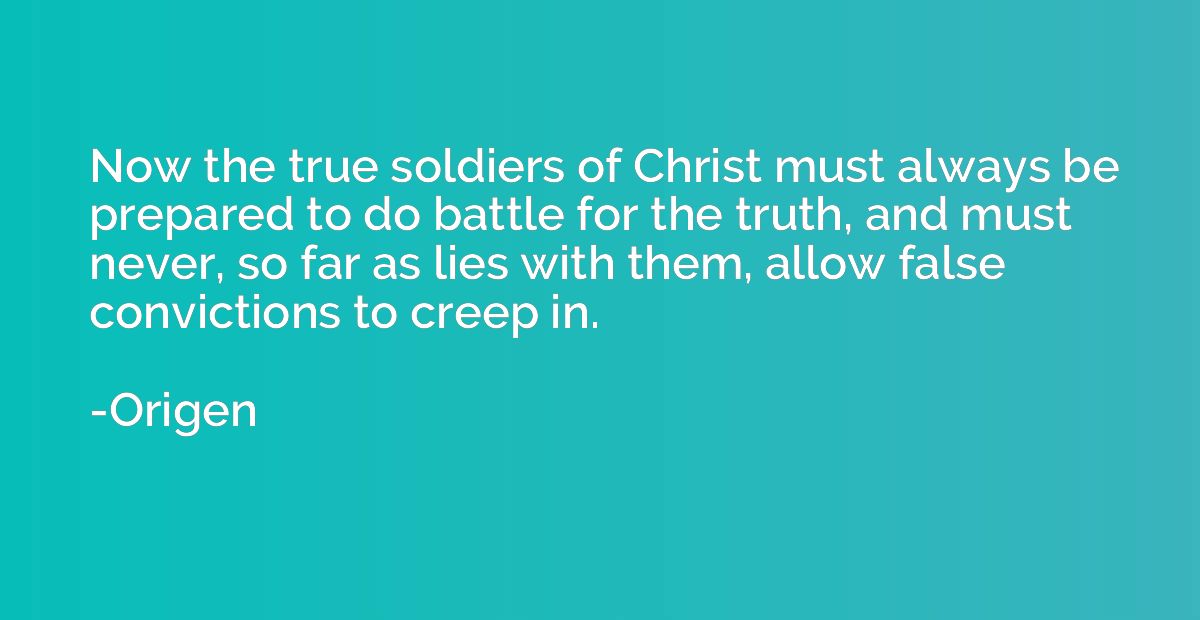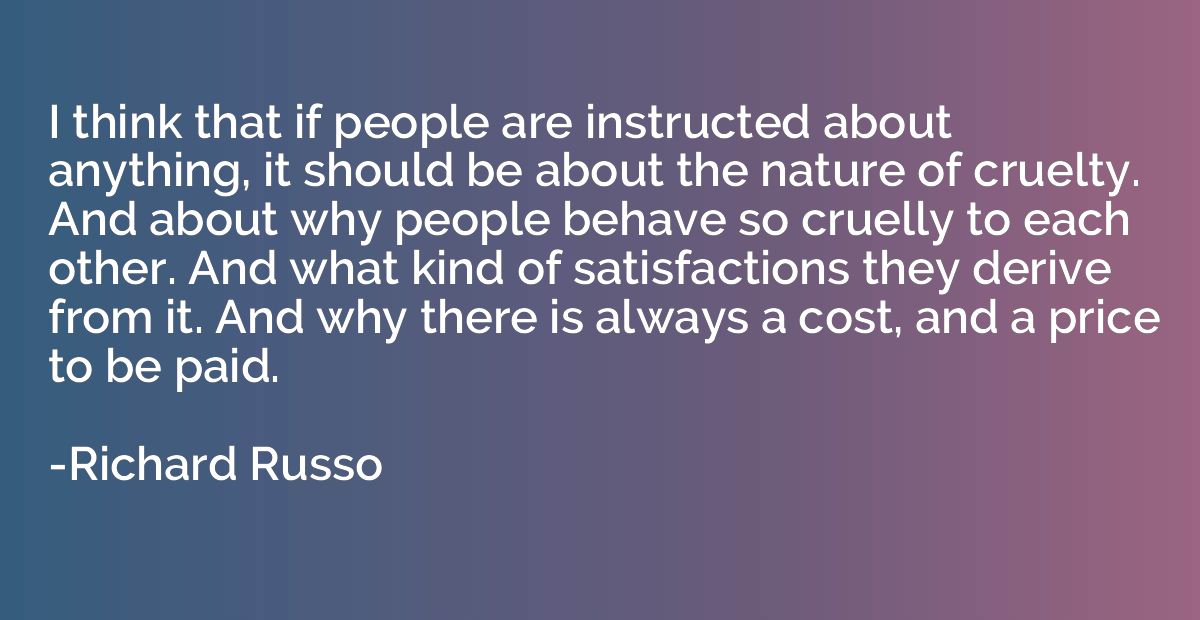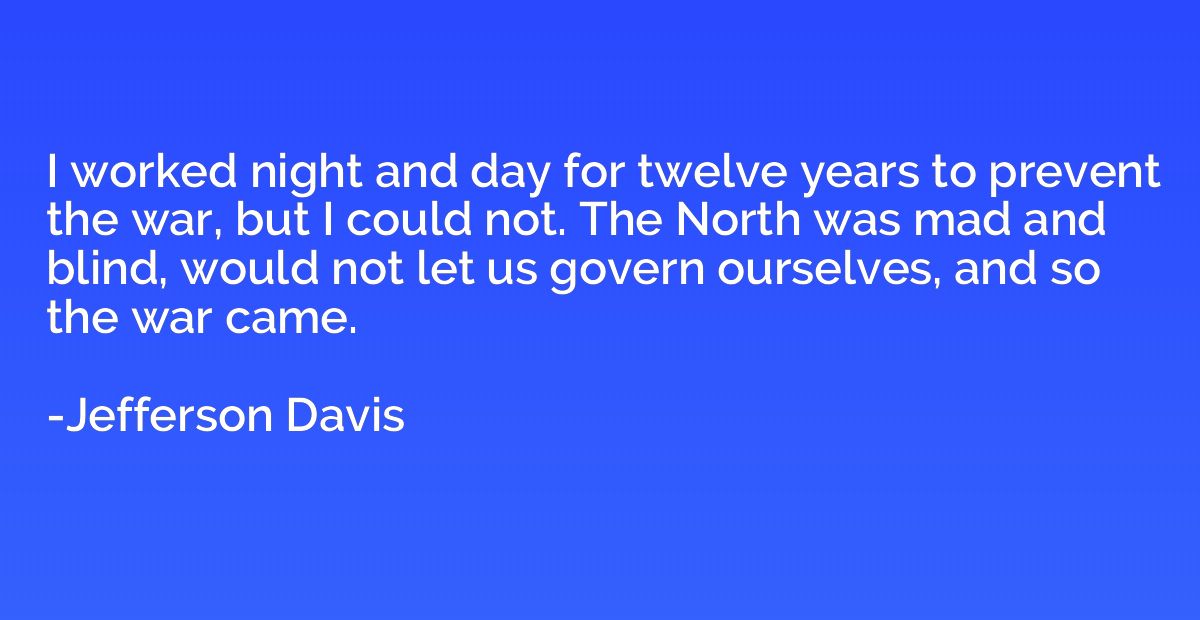Quote by Donald Sinden
Actors ought to be larger than life. You come across quite enough ordinary, nondescript people in daily life and I don't see why you should be subjected to them on the stage too.

Summary
This quote suggests that actors should possess an extraordinary presence on stage, surpassing the ordinariness of everyday life. The speaker argues that since there are already numerous mundane individuals in real life, there is no need to see them portrayed on stage as well. Instead, actors should embody larger-than-life characters, captivating the audience with their remarkable performances. This viewpoint emphasizes the significance of theatre as a medium where actors can transcend the ordinary and offer an elevated experience to the spectators.




